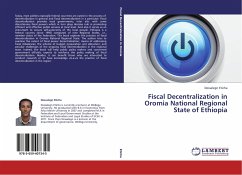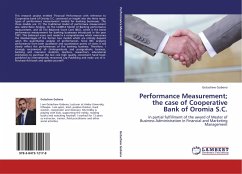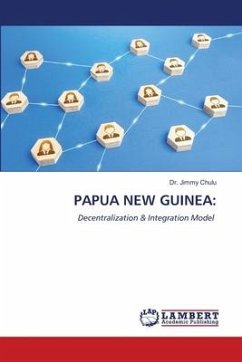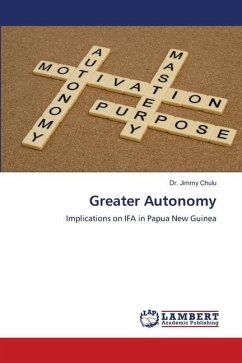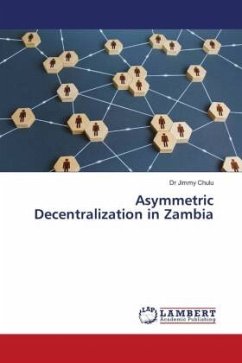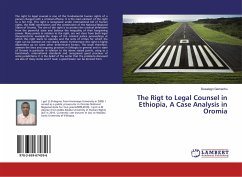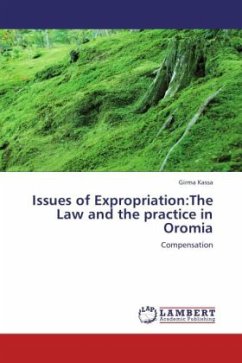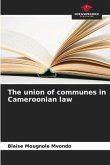Today, most polities especially federal countries are opted in the process of decentralization in general and fiscal decentralization in a particular. Fiscal decentralization provides local governments, inter alia, with some discretionary fiscal powers which in turn plays decisive role in promoting efficient and effective public services at local level. And also it serves as an instrument to ensure self-autonomy of the local people. Ethiopia is a federal country (since 1995) composed of nine Regional States, i.e., member states of the federation. This book explores the practice of fiscal decentralization in Oromia National Regional State. The author tries to examine the extent of fiscal power decentralization; means of addressing fiscal imbalances; the scheme of budget preparation and allocation; and peculiar challenges of the ongoing fiscal decentralization in the regional state. Indeed, the book will help public policy makers and concerned government officials, experts to reinforce the policy making of fiscal decentralization. Besides, it can benefit those who are interested to conduct research or to have knowledge vis-a-vis the practice of fiscal decentralization in the region.
Bitte wählen Sie Ihr Anliegen aus.
Rechnungen
Retourenschein anfordern
Bestellstatus
Storno

